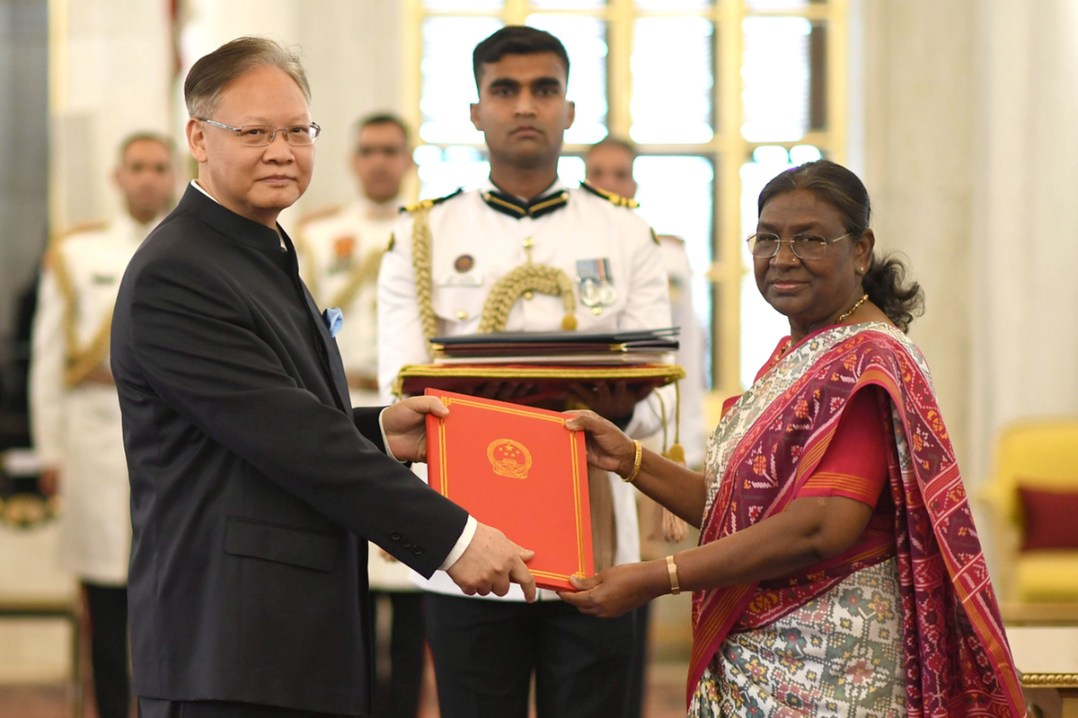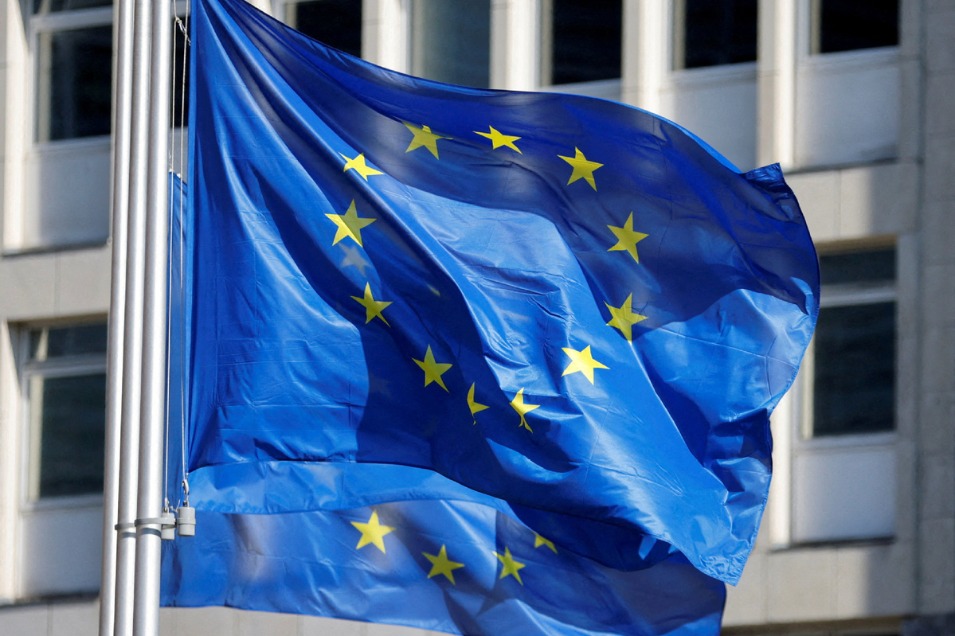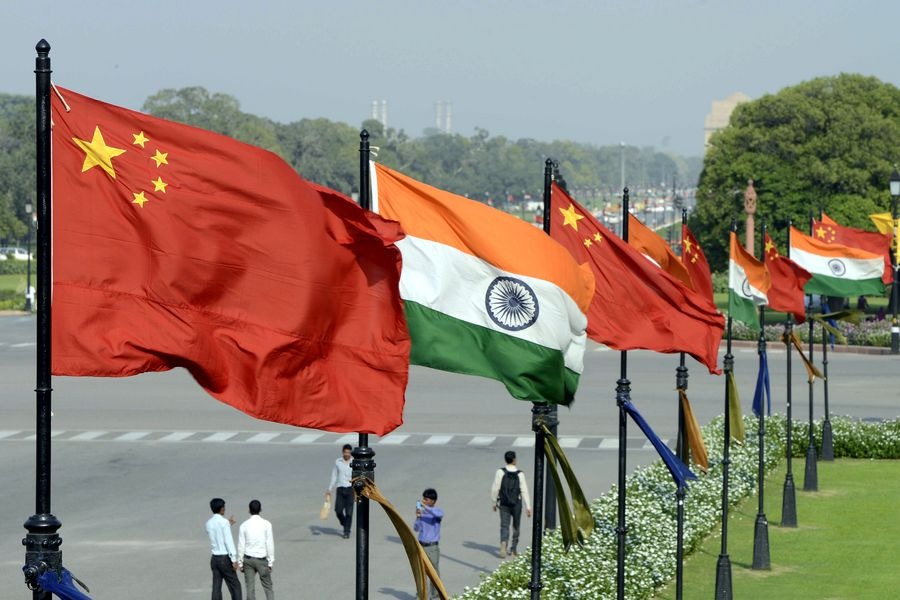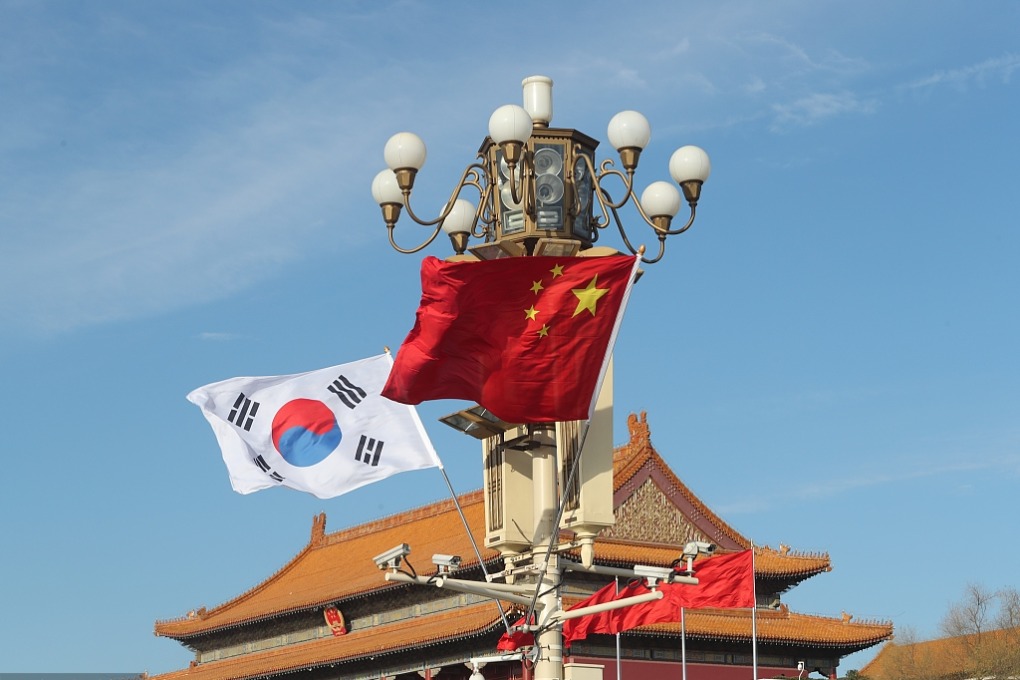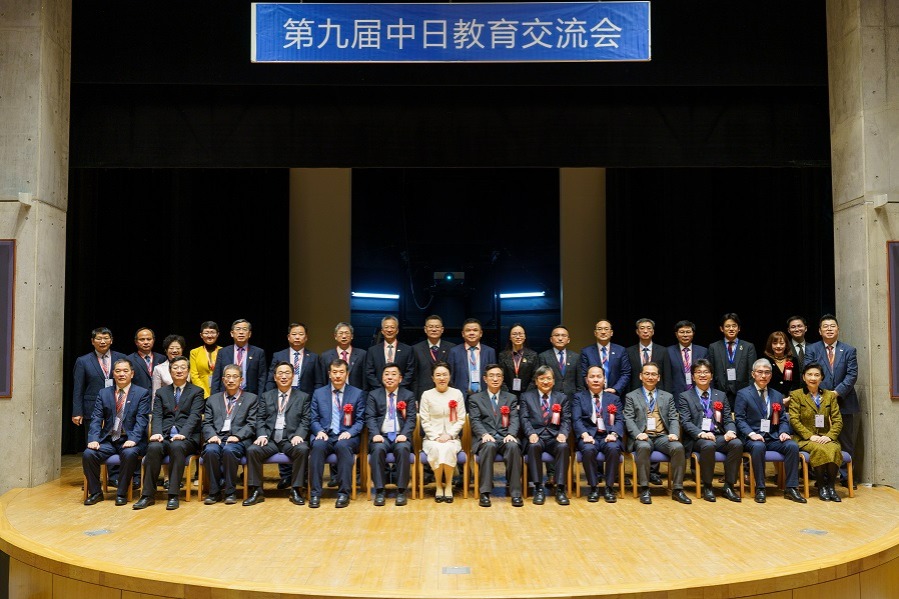More members, more consensus needed
In the BRICS Russia Year, the grouping should focus on promoting greater cooperation to deliver more concrete benefits for its members and the rest of the Global South


Ever since Russia took over the rotating chairmanship of BRICS, the international community has been observing every move Russia makes in organizing the BRICS presidency.
Against the backdrop of complex geopolitical situations, BRICS is facing complex challenges.
From the perspective of multilateral mechanism building, a structural paradox of being both bigger and stronger is confronting BRICS countries. After being expanded to a 10-country bloc, BRICS has embarked on a new era of "greater BRICS cooperation". The expansion of BRICS can certainly have a scale effect, making the BRICS voice louder. However, after the expansion, BRICS will also face politically the challenge of "more members, less consensus".
BRICS was born out of the economic rise of emerging countries. Economic collaboration has naturally been the primary goal of the BRICS bloc. Thus, how to balance economic and financial cooperation and political and security cooperation has also become a top concern for BRICS countries in the BRICS' Russia Year and in the years to come.
Furthermore, all members of the expanded BRICS are non-Western countries. Their joint efforts to reshape the international system will naturally raise the concerns of the US-led West. Some analysts from Western political and academic circles believe that the growth of BRICS means the rise of the non-Western camp. The international community is also concerned that a growing BRICS and the Western allies camp will constitute two new "parallel, confrontational systems".After Russia took over the rotating chairmanship of BRICS, the fear of confrontation between the two camps has only risen.
To address the concerns, this year BRICS can focus on hot spot issues on the basis of the previous consensus and make efforts in specific areas to promote greater BRICS cooperation to deliver more concrete benefits.
First, it should strive to achieve practical results in financial cooperation among the BRICS countries.
BRICS member countries have many disputes and differences over how to make the bloc bigger and stronger and whether or not to establish a BRICS secretariat and a BRICS-led rating agency. Meanwhile, there exist many technical and policy obstacles to the building of a BRICS unified market.
However, there is a greater consensus among member countries on deepening BRICS financial cooperation. For instance, most political and academic figures of the BRICS members believe that it is practicable to increase the use of local currencies in trade settlement and expand currency swaps among BRICS countries to reduce reliance on the US dollar, although the establishment of a new BRICS currency and "dedollarization" are not feasible in the short run.
The establishment of a BRICS payment system to get rid of the US and Western-controlled Society for Worldwide Interbank Financial Telecommunication, SWIFT, system has received wide support within the political and academic circles of the BRICS member countries. Russia, which holds the BRICS presidency in 2024 and has long been plagued by Western financial sanctions, is bound to accelerate the establishment of the BRICS payment system this year.
According to last year's BRICS Summit held in South Africa, central bank governors and finance ministers from BRICS member countries should submit a proposal for the establishment of a BRICS payment system before the BRICS Summit 2024 to be held in Kazan, Russia, in October. Therefore, it is expected that the creation of a new payment system, the "BRICS Bridge", will be a top priority for the bloc in the BRICS Russia Year.
The New Development Bank has become a high point of the BRICS cooperation mechanism. Since its inception, it has registered good performance and achieved an international reputation, attracting more Global South countries to join it. Based on the BRICS expansion, BRICS can further promote the expansion of the NDB, so as to achieve two-way expansion between the BRICS and the NDB for a greater scale effect of the BRICS mechanism.
The expansion of the NDB should no longer be limited to Global South countries; developed countries such as Singapore can also be included. This will help attract high-caliber financial talent from developed countries and draw on their rich experience in international financial governance to address the increasingly fierce competition in the same area.
Furthermore, most of the new BRICS members are rich in oil and energy resources. BRICS countries can take advantage of this situation to establish an energy partnership. They can expand the use of local currencies in oil trade settlement to accelerate currency diversification globally.
The expanded BRICS bloc should also step up efforts to accelerate the International Monetary Fund quota reform. Based on the completion of the IMF's 16th General Review of Quotas, Global South countries should further enhance their voice and representation in the IMF.
Second, an artificial intelligence governance framework under the BRICS should be formulated as early as possible.
AI has completely changed the existing global governance paradigms of traditional and nontraditional security. It is profoundly affecting the development process of human society.
If greater BRICS cooperation is to make steady progress, it should take the lead in frontier areas and key areas of the new round of scientific and technological revolution. A BRICS AI study group should be launched as soon as possible to form a governance framework and regulatory standards for AI in BRICS countries.
In the BRICS Russia Year, BRICS countries should build on the China-BRICS science and innovation incubation park for the new era to jointly advance AI technology research, talent training and policy coordination, formulate BRICS AI security norms, and put forward BRICS AI initiatives, to ensure that Global South countries enjoy the benefits of AI technologies.
China and Russia can make use of such platforms as the China-Russia Digital Economy Research Center and the Russia Home (Xiamen) Collaborative Innovation Center to jointly strengthen research on AI technology.
Third, BRICS countries should bolster security cooperation and people-to-people exchanges.
It has become increasingly necessary and practical for BRICS countries to expand cooperation into the field of security affairs. It should strengthen the top-level design and promote security cooperation as an important direction of future BRICS cooperation.
Similarly, closer people-to-people exchanges should become an important driving force for the sustainable development of greater BRICS cooperation. Based on such people-to-people exchange platforms as the BRICS Games and the BRICS Universities League, mutual visa exemption policies should be introduced among BRICS countries at an early date so as to enable more convenient people-to-people exchanges.
At a time when the global governance system is characterized by a combination of "disorder, dysfunction and imbalance", BRICS will expand and deepen cooperation in areas that accord with the new political and economic ecosystems, and accelerate the transformation of the international system and the restructuring of the international order. Greater BRICS cooperation will steer global governance toward a fast track of rebalancing.

The author is a researcher at and director of the Department for Developing Countries Studies at the China Institute of International Studies. The author contributed this article to China Watch, a think tank powered by China Daily.
Contact the editor at editor@chinawatch.cn.























